On the 5th of October, 2016 the Nobel Prize for Chemistry was split between three men. Jean-Pierre Sauvage, Sir Fraser Stoddart and Bernard Feringa. They will split the 8m Kroner prize for their work on the design and synthesis of machines on a molecular level.
The prize for Chemistry is awarded by the Royal Swedish Academy of Sciences, Stockholm, Sweden.
The applications for these tiny machines is huge. They could be used prolifically in medicine where they could deliver treatments directly into the problem area. For example they could deliver medicine directly to the site of cancer, without affecting the tissue around it.
These tiny machines are far too small for the eye to see, so the creation and manipulation of them is nothing short of miraculous. However very early on in their inception the creators built a tiny ‘car’ that had four wheel drive.
Not only is the prize a huge accolade for the scientists to hold, but the Nobel Prize is so well known that when they are awarded they directly influence the fields of scientific research. This means that this particular area of chemistry is now likely to receive a lot of attention, and subsequently funding, to further its development.
If these tiny machines are constantly developed it won’t be long before they are used in medicine, and will ultimately benefit the lives of millions.
The physicist Richard Feymann is often credited with creating the idea of molecular machines. In a speech he made at the California Institute of Technology in 1959 he introduced the idea of ‘swallowing surgeon’, it turns out he wasn’t too far from the mark.
One member of the recipients is a Scottish Professor called Sir Fraser Stoddart. He was born in Edinburgh in 1942 and is currently working out of Northwestern University, in the US. He made a massive breakthrough the development of molecular machines by threading a molecular ring onto a rod structure that acted as an axle. He then went on to move the ring up and down the rod.
Since that initial discovery he has built numerous machines including a lift, a muscle and – in partnership with other researchers – a computer chip.
Hopefully, now a light has been shone on this field of research, it will be developed quickly and can be put to good use as soon as possible.
Phlebotomy Training Services have been providing phlebotomy training in various locations around the country since 2007. To find out more about the training we can provide simply call us on 01609 751 610.
